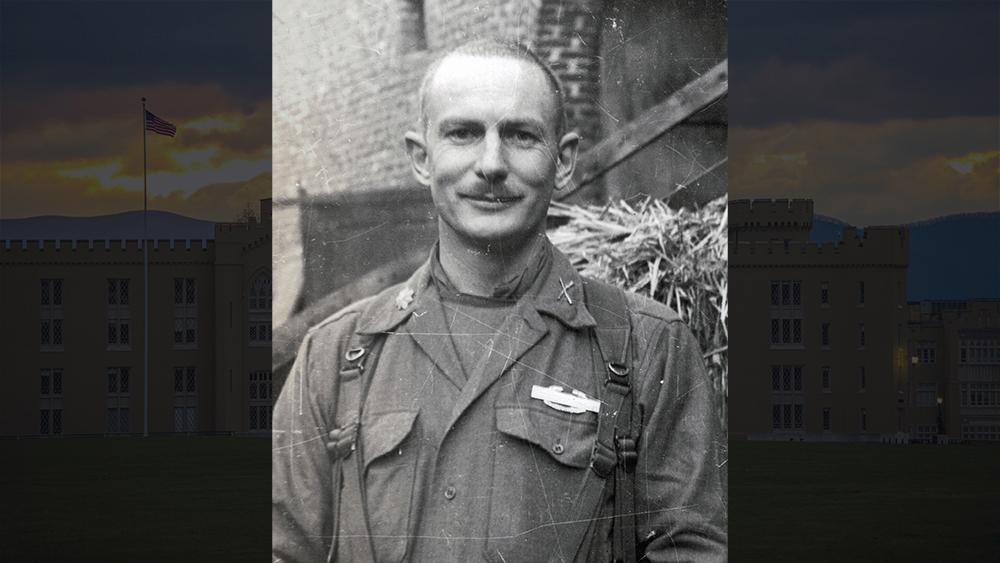We in the military often talk about the need to compel our troops to "take that hill," usually as a metaphor for an upcoming task. In the combat infantry, however, the metaphor is more than a metaphor in real life. One of the finest leaders in the Army of the previous century was Colonel Glover S. Johns, Jr. Glover was among those who landed on Omaha Beach, D-Day, June 6, 1944. He lost 225 of his 650 men in one day. He went on to command in Vietnam where, at a farewell speech, he outlined his principles of leadership.
— James Albright

Updated:
2023-01-03

Glover Johns, VMI Alumni.org
Strive to do small things well.
Be a doer and a self-starter — aggressiveness and initiative are two most admired qualities in a leader — but you must also put your feet up and think.
Strive for self-improvement through constant self-evaluation.
Never be satisfied. Ask of any project, How can it be done better?
Don’t overinspect or oversupervise. Allow your leaders to make mistakes in training, so they can profit from the errors and not make them in combat.
Keep the troops informed; telling them “what, how, and why” builds their confidence.
The harder the training, the more troops will brag.
Enthusiasm, fairness, and moral and physical courage — four of the most important aspects of leadership.
The ability to speak and write well — two essential tools of leadership.
Have consideration for others.
Yelling detracts from your dignity; take men aside to counsel them.
Understand and use judgment; know when to stop fighting for something you believe is right. Discuss and argue your point of view until a decision is made, and then support the decision wholeheartedly.
Stay ahead of your boss.
Source: "About Face: The Odyssey of an American Warrior," Colonel David H. Hackworth and Julie Sherman, Simon and Schuster, Sydney, 1989, pp. 402 - 403.
